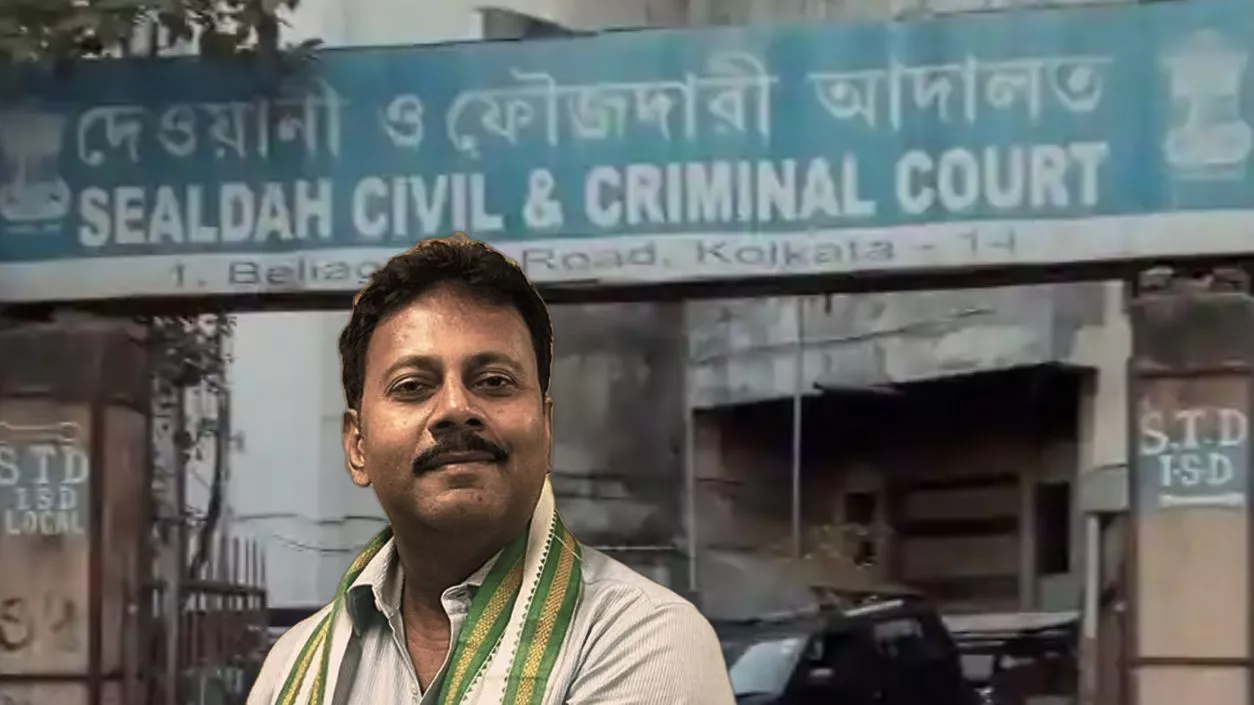Youth dies after alleged beating at South Garia drug rehab, family vandalizes centre in protest
.gif)
.gif)

Former principal Sandeep Ghosh's bid for bail was once again rejected by the Sealdah Court on Monday, as his legal troubles continue in connection with an ongoing investigation. Ghosh had applied for bail, citing the extended period of detention—65 days—without the filing of a charge sheet. He and his co-accused, Abhijit, face accusations of tampering with evidence, although no charges of serious crimes such as murder or rape have been leveled against them. Ghosh's legal team argued that his continued detention was unwarranted given the lack of substantial charges.
The CBI, which is leading the investigation, informed the court that five DVRs and five hard disks containing potentially crucial evidence had been sent to the Central Forensic Laboratory. These items are central to the investigation, which seeks to uncover whether there is any connection between Ghosh, Abhijit, and a larger conspiracy. The forensic examination of the evidence is seen as crucial to understanding the scope of the tampering and its possible ties to other individuals or groups. The CBI has emphasized that the investigation is ongoing, and additional time is needed to analyze the data and determine the full extent of the evidence.
In the court hearing, the CBI’s lawyer explained that six status reports detailing the progress of the investigation had been submitted to the Supreme Court. These reports document the steps taken by the CBI so far, including the collection and forensic examination of evidence. However, the CBI clarified that no specific directives had been issued by the Supreme Court regarding bail, and that the higher court had not imposed any orders barring Ghosh's release. The prosecution requested that the court grant them more time to complete the investigation, arguing that the evidence would shed more light on the case.
On the other hand, Ghosh’s defense lawyers argued that their client had already been detained for more than two months without a charge sheet. They pointed out that no additional serious charges had been brought against Ghosh or Abhijit during this period. The defense also questioned the validity of the ongoing detention, suggesting that it was based on speculative assumptions rather than any concrete evidence. They asserted that the lack of new evidence or charges, combined with the extended detention, was grounds for granting bail.
The defense further emphasized that the legal system today is built on due process and not arbitrary detention. They referenced the fact that, as of now, there have been no charges related to violent crimes such as murder or rape, which typically lead to longer periods of detention. They also noted that no new charges had been added to the case, which they argued weakened the CBI’s position for holding the accused in custody.
After hearing arguments from both the CBI and the defense, the judge ruled that the connection of the accused to the main case of evidence tampering needed to be further examined. The judge explained that if a separate case had been filed specifically for evidence tampering, the accused could have been granted bail after the typical seven-day period. However, since Ghosh and Abhijit are implicated in a larger investigation, the judge stated that the decision on bail would need to be taken up with a higher court.